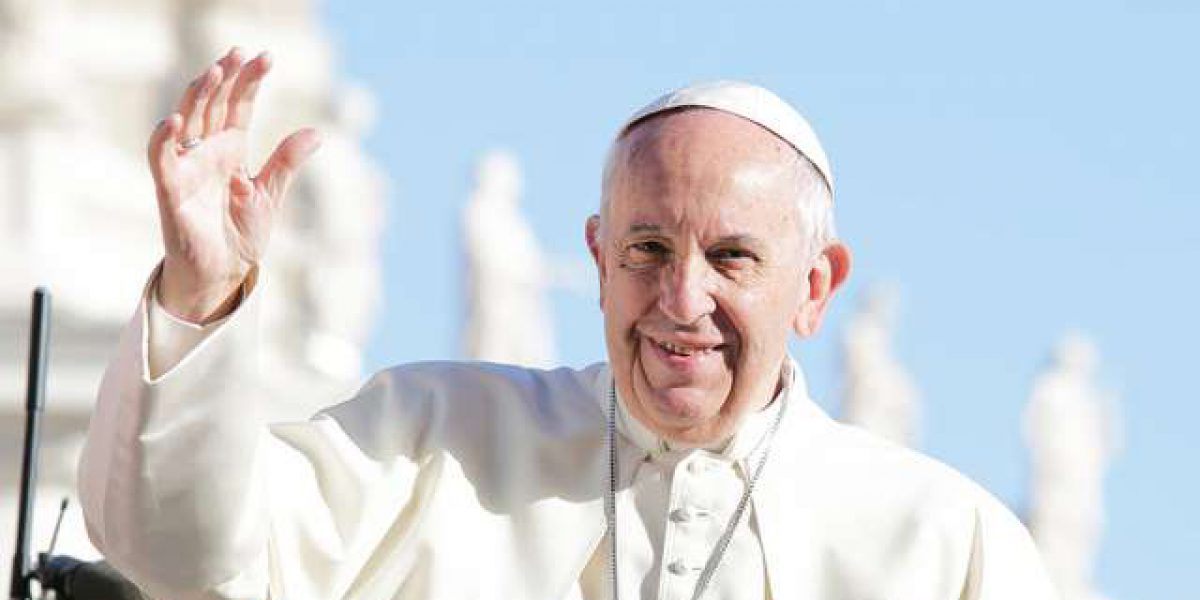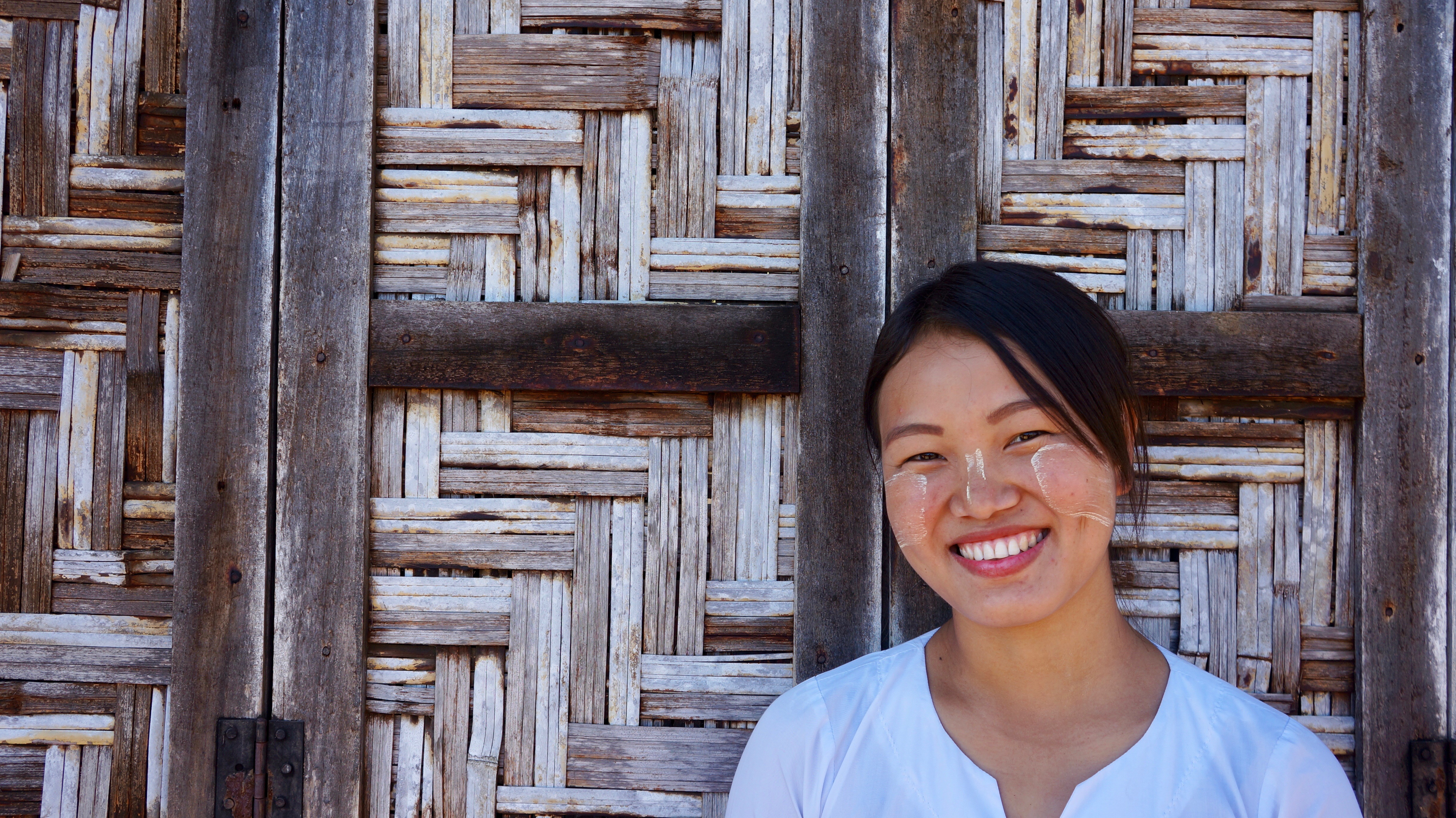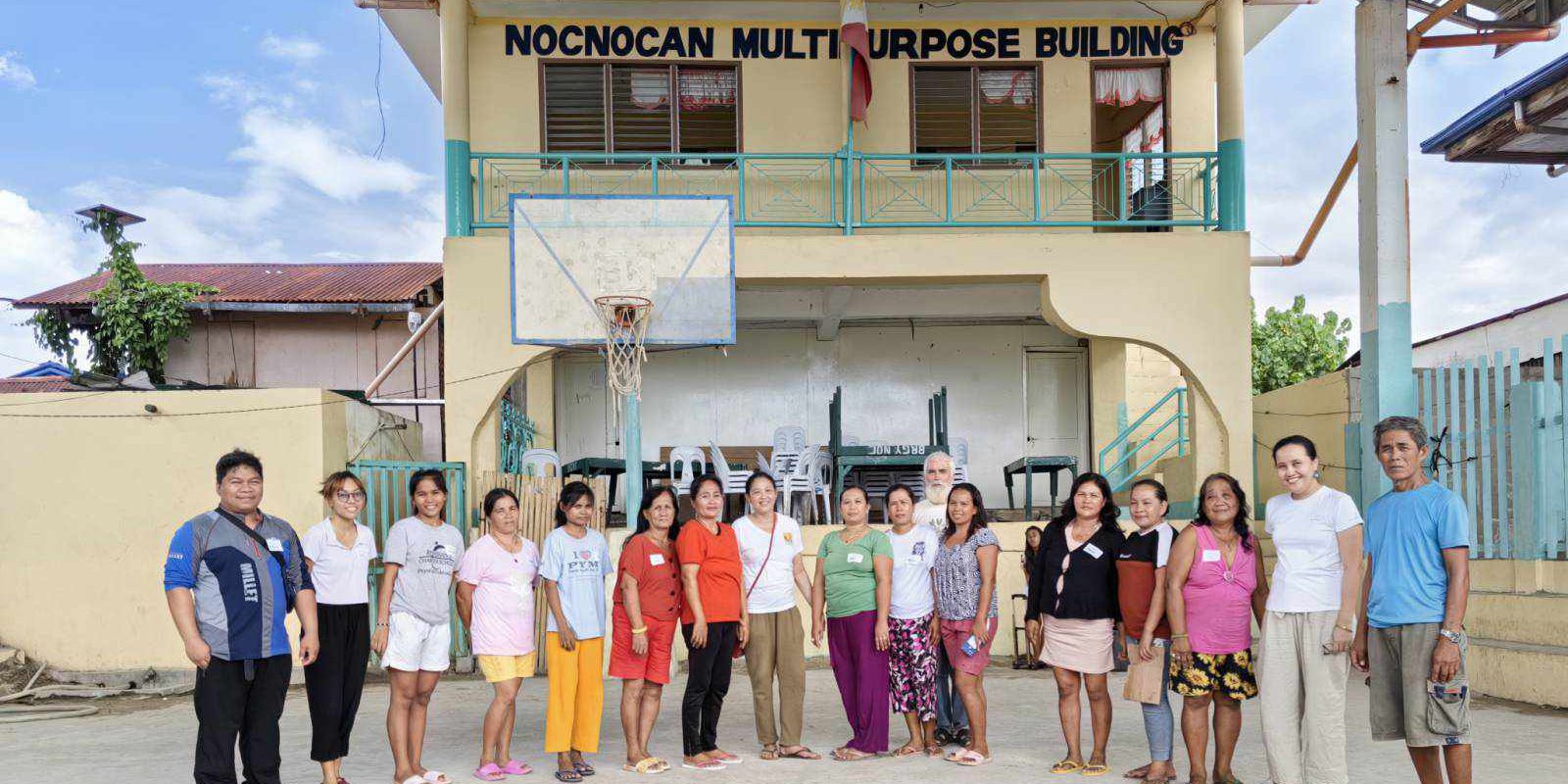
Wider protection for migrant and refugee children
Rome, 17 November 2016 – On the occasion of Universal Children’s Day on November 20th, we echo Pope Francis’ appeal “to adopt every possible measure to guarantee the protection and safety of child migrants.” In this time of epic human displacement, “children constitute the most vulnerable group, because as they face the life ahead of them, they are invisible and voiceless”.
According to a recent report by the UN Children’s Fund (UNICEF), one in every 200 children in the world is growing up as a refugee. Of the world’s 31 million children living outside their countries of birth, 11 million are forcibly displaced.
The organisations below stand in solidarity with all children on the move whose rights to live, learn and flourish are compromised. We are living a critical moment in history when the doors to asylum are slamming shut around the world. Moreover, the failure of nations to address root causes of flight – such as conflict, poverty and environmental degradation – causes more and more people to flee. This has an inevitable impact on the well-being and protection of displaced children. “Children are the first to suffer, at times suffering torture and other physical violence, in addition to moral and psychological aggression, which almost always leave indelible scars,” Pope Francis reminds us in the appeal.
Migrant and refugee children, particularly when traveling unaccompanied, are invisible to the world and an easy target for smugglers, traffickers and sexual abuse. They are most at risk of exploitation and abuse, including recruitment into militias or criminal groups, and being victims of organ trafficking, child sex trafficking, child labour and early marriage.
In 2015, 68 percent of all trafficked persons in the world were children. Europol estimated that 10,000 children had gone missing after arriving and registering with state authorities in Europe over the past two years, many of whom are feared to have “fallen into the hands of organised trafficking syndicates.”
Similarly, when countries retreat from the universal prohibition against refoulement, a cornerstone of international refugee and human rights law, the lives of children are severely threatened. Arbitrary and indefinite detention of child migrants employed by countries around the world is another unacceptable migration response. It is a breach of international law including the UN Convention on the Rights of the Child.
Emergencies and protracted crises have disrupted the education of 75 million children worldwide. Lack of education for children uprooted by conflict is just one of many deprivations they experience on their distressing journeys. Ensuring all children have adequate access to safe learning environments is vital to preventing a lost generation of children growing up without the chance to obtain knowledge. “All children deserve the right to be children.” This is a call from Maria, a refugee girl who escaped violence in Kenya, who is about to start secondary school in Italy.
We ask governments:
· To guarantee the protection of children and their right to seek and enjoy asylum in a safe and legal way. Restrictive policies force refugees and migrants to take precarious routes, resulting in thousands of deaths at sea or in the desert. By creating safe and legal channels of entry, including access to humanitarian visas, resettlement and wider family reunification, lives would be saved and smuggling reduced. This will make a reality the Global Compact on Safe, Regular and Orderly Migration, which 193 UN Member States called for unanimously at the UN General Assembly Summit of Refugees and Migrants 19 September.
· To ensure children have the space to grow up in peace and safety by putting in place protection mechanisms and employing better asylum policies. Their rights to health, housing, education, psychological counselling and treatment, and recreation activities need to be respected.
· To adopt and implement laws that curb demand for trafficking and protect child migrants from all forms of exploitation. Adopting cross-border international agreements would prevent trafficking and facilitate the safe return of minors who suffered exploitation. In particular, implement the Protocol to Prevent, Suppress and Punish Trafficking in Persons supplementing the United Nations Convention against Transnational Organized Crime, and support establishment of the Review Mechanism of the Convention and its Protocols. Ratify and implement the ILO Forced Labour Protocol. These laws, most of all, should never penalise trafficked children.
· To promote alternatives to detention: any law, policy or practice by which persons are able to reside in the community, without being detained for migration-related reasons.
· To implement the collection of existing international ‘Principles’ recently put together by major UN agencies and civil society organisations, to generate broad consensus around a concise set of core points for the protection of children on the move. These Principles, being a coherent short compendium of the many legal instruments available, should improve the quality of protection afforded to all children on the move. Many of the Principles are already binding obligations for governments, but need to be put fully into practice. Covering existing international legislation and the real situation of child migrants, the Principles, recently endorsed by the UN Committee on Migrant Workers, should influence policy makers and serve as a quick guide to law enforcement’s dealings with child migrants.
· To act for concrete action marked by equitable responsibility-sharing, commending UN member states for aiming to meet UNHCR’s annual targets for the resettlement of vulnerable groups, particularly children fleeing from war.
· To ensure that no school, law enforcement mechanism, refugee camp or nation refuses any innocent child who crosses our borders.
· Finally, to protect all child migrants, even those who may not meet the refugee definition according to the 1951 Convention, but who nevertheless have real protection needs. Pope Francis said, “Each person is precious; persons are more important than things, and the worth of an institution is measured by the way it treats the life and dignity of human beings, particularly as when they are vulnerable, as in the case of child migrants”.
Caritas Internationalis
Department for Promoting Integral Human Development, Holy See
International Catholic Migration Commission (ICMC)
Jesuit Refugee Service
Pax Christi International
Scalabrinian Missionaries
Scalabrini International Migration Network (SIMN)
Talitha Kum – Union of Superior Generals (USIG/USG)
World Union of Catholic Women’s Organizations (WUCWO)



